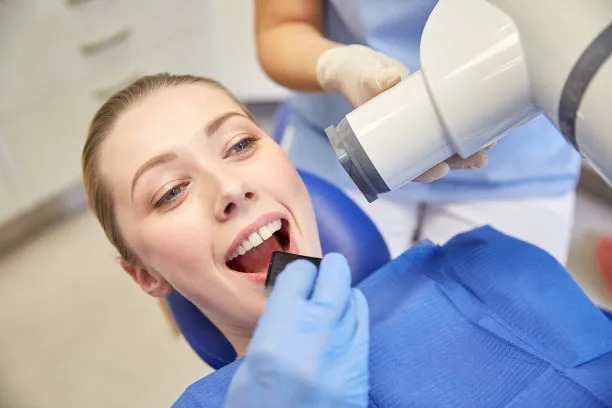Essential Precautions to Consider Before and After Receiving Dental Filling Treatment for Optimal Oral Health
Summary: Dental filling treatments are essential for restoring dental health, especially for those dealing with cavities or damage. However, taking certain precautions before and after the procedure is crucial to ensure optimal oral health. This article discusses four key aspects: understanding the procedure, maintaining good oral hygiene, dietary guidelines, and regular follow-up care. By following these guidelines, patients can enhance the effectiveness of their treatment and contribute to long-lasting oral well-being.
1. Understanding the Dental Filling Procedure

Before receiving a dental filling, it is essential for patients to have a clear understanding of the procedure. Dental fillings are restorative materials used to repair cavities and damaged teeth. Familiarizing oneself with the types of materials used, such as amalgam, composite resin, or gold, can help in making an informed choice in consultation with your dentist.
Its also important to discuss any concerns or allergies with your dental professional beforehand. This ensures that the materials used are suitable for your specific health needs. Knowing what to expect during the procedure, including anesthesia options and the time required, can help alleviate anxiety and prepare patients mentally.
Additionally, discussing the aftercare with your dentist before the procedure can provide clarity on what to anticipate after receiving a filling. This proactive approach allows for a smoother experience overall, making it crucial for patients to participate actively in their dental care.
2. Maintaining Good Oral Hygiene
Post-treatment oral hygiene plays a vital role in the longevity of dental fillings and overall oral health. Patients should adhere to a comprehensive oral care routine, which includes brushing twice a day with fluoride toothpaste and flossing regularly. This routine aids in preventing plaque accumulation that can lead to further decay around the filling.
Its also recommended to use an antibacterial mouthwash after brushing. This can help reduce the bacteria present in the mouth, minimizing the risk of infections and extending the lifespan of the dental filling. Keeping the mouth clean is a critical step that shouldn’t be overlooked.
Additionally, visiting the dentist regularly for check-ups can help identify potential issues with fillings early on. During these visits, your dentist can assess the condition of the filling and ensure that your oral hygiene practices are effective. Early intervention is key in maintaining optimal oral health.
3. Dietary Guidelines After Dental Filling Treatment
What you eat following a dental filling can significantly influence its effectiveness and your oral health. Immediately after the procedure, it’s advisable to avoid hard, sticky, or chewy foods for at least 24 hours, as these can dislodge the filling or cause discomfort.
Incorporating soft foods, like yogurt and mashed potatoes, can ease the recovery process. Staying hydrated with plenty of water also promotes healing and helps wash away food particles that could lead to infections. Proper nutrition can aid in recovery and contribute to overall dental health.
Furthermore, its wise to limit sugary foods and beverages during the initial recovery period. Sugar can increase the risk of plaque buildup and decay around the filling. A balanced diet rich in vitamins and minerals strengthens the teeth and gums, creating an environment conducive to recovery and long-term health.
4. Importance of Regular Follow-Up Care
After receiving a dental filling, regular follow-up care is crucial to ensure the filling remains intact and effective. Patients should schedule dental visits as recommended by their dentist, typically within a few weeks after the procedure. This allows for an examination to assess the fillings condition and ensure there are no underlying issues.
During these follow-up appointments, patients should discuss any discomfort, sensitivity, or other concerns they may be experiencing. Addressing these issues early can prevent more significant problems from developing over time.
Lastly, ongoing education about dental care is essential. Dentists can provide updated information on the latest treatments and techniques. Keeping informed empowers patients to take proactive steps in maintaining their oral health and prevents the need for additional dental work in the future.
Summary:
Taking essential precautions before and after receiving dental filling treatment is fundamental in promoting optimal oral health. Understanding the procedure, maintaining rigorous oral hygiene, adhering to dietary recommendations, and scheduling regular follow-up care are essential steps in enhancing treatment effectiveness.
This article is compiled by Vickong Dental and the content is for reference only



